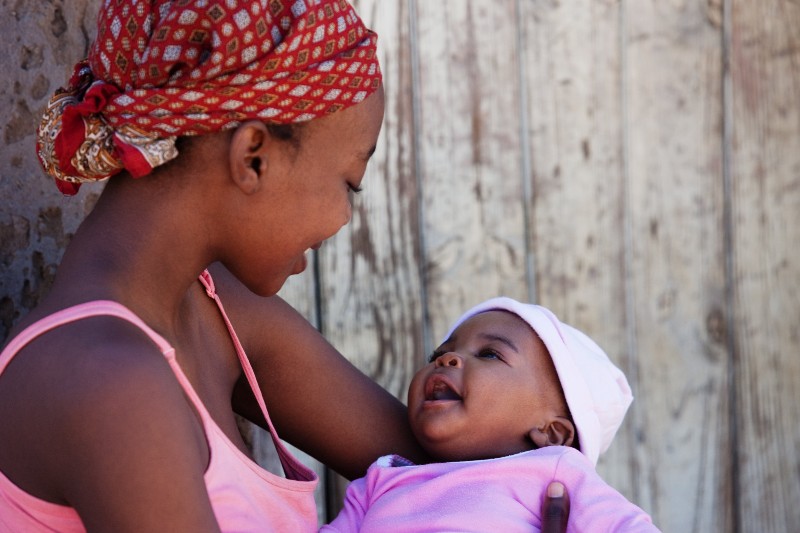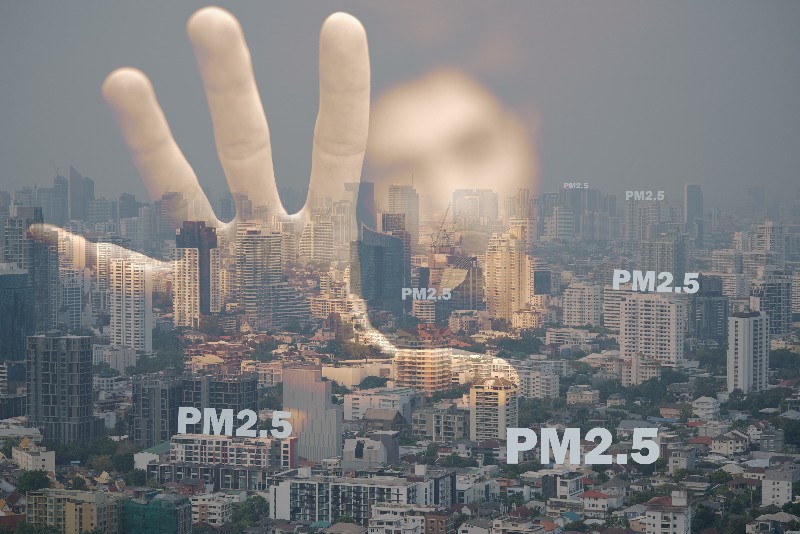
A long-awaited ban on menthol cigarettes has been delayed indefinitely, the Biden administration said Friday. “This rule has garnered historic attention, and the public comment period has yielded an immense amount of feedback, including from various elements of the civil rights and criminal justice movement,” U.S. Health and Human Service Secretary Xavier Becerra said in… read on > read on >






























